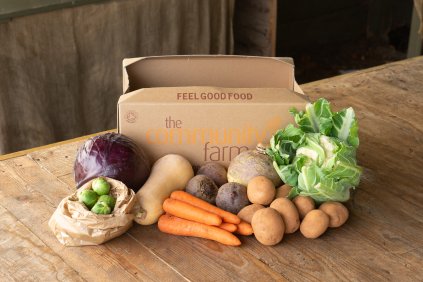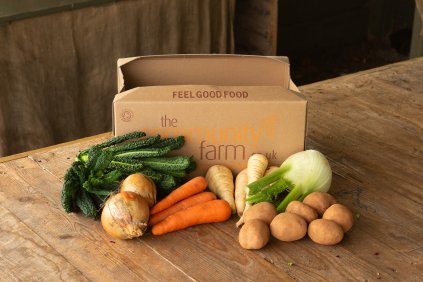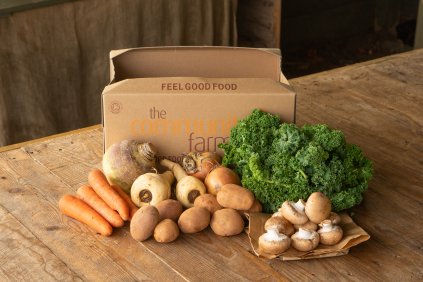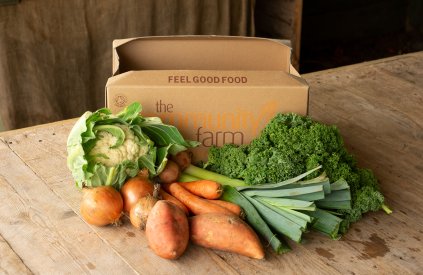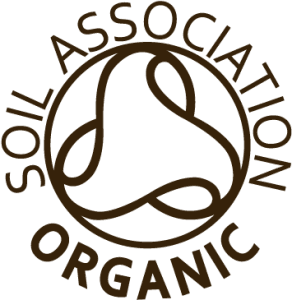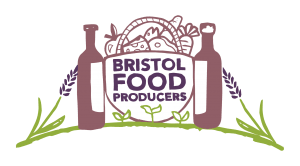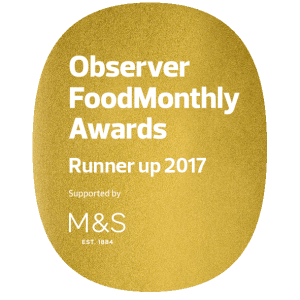With holidays season on the horizon, we thought we’d take a moment to compile a list of favourite food, farming and wildlife books from our staff and volunteers.
Non-fiction
Meadowland: The Private Life of an English Field, John Lewis-Stempel
Meadowland gives an unique and intimate account of an English meadow’s life from January to December, together with its biography. In exquisite prose, John Lewis-Stempel records the passage of the seasons from cowslips in spring to the hay-cutting of summer and grazing in autumn, and includes the biographies of the animals that inhabit the grass and the soil beneath: the badger clan, the fox family, the rabbit warren, the skylark brood and the curlew pair, among others.
‘Written as a year's diary through the seasons, he describes one small field in the Golden Valley, Herefordshire. Returning birds, secretive mammals, insects and wildflowers are discovered as he manages the meadow using traditional methods, entwined with poetry, natural history and wisdom.’ – Sally, volunteer
Braiding Sweetgrass: Indigenous Wisdom, Scientific Knowledge, and the Teachings of Plants, Robin Wall Kimmerer
As a botanist, Robin Wall Kimmerer has been trained to ask questions of nature with the tools of science. As a member of the Citizen Potawatomi Nation, she embraces the notion that plants and animals are our oldest teachers. In Braiding Sweetgrass, Kimmerer brings these lenses of knowledge together to show that the awakening of a wider ecological consciousness requires the acknowledgment and celebration of our reciprocal relationship with the rest of the living world. For only when we can hear the languages of other beings are we capable of understanding the generosity of the earth, and learning to give our own gifts in return.
Orchard: A Year in England’s Eden, Benedict MacDonald and Nicholas Gates
This lyrical, month-by-month journey through one of the most endangered parts of the countryside is an account of an ancient English orchard from January to December, celebrating the extraordinary range of animals and plants it supports and its rich ecosystem.
'Makes Herefordshire sound like the Serengeti! I was hooked.' Tom, Co-Managing Director
The Garden Against Time: In Search Of A Common Paradise, Olivia Liang
In 2020, Olivia Laing began to restore a walled garden in Suffolk, an overgrown Eden of unusual plants. The work drew her into an exhilarating investigation of paradise and its long association with gardens. The result is a humming, glowing tapestry, a beautiful and exacting account of the abundant pleasures and possibilities of gardens, not as a place to hide from the world but as a site of encounter and discovery, bee-loud and pollen-laden.
Sitopia: How Food Can Save The World, Carolyn Steel
Drawing on insights from philosophy, history, architecture, literature, politics and science, as well as stories of the farmers, designers and economists who are remaking our relationship with food, Sitopia is a provocative and exhilarating vision for change, and how to thrive on our crowded, overheating planet.
The Worm Forgivers the Plough, John Stewart Collis
During the Second World War, John Stewart Collis left his comfortable life as an academic to work on the land for the war effort. His account of this time perfectly captures the city-dweller's naivety and wonder both at the workings of nature and the toughness of life on a farm.
In Defence of Food (An Eater’s Manifesto), Michael Pollen
Michael Pollan proposes a new answer to the question of what we should eat that comes down to seven simple but liberating words: Eat food. Not too much. Mostly plants. Pollan's bracing and eloquent manifesto shows us how we can start making thoughtful food choices that will enrich our lives, enlarge our sense of what it means to be healthy, and bring pleasure back to eating.
‘A book that cuts out the noise around food, nutrition and healthy eating. It helped me reset the way I see food more broadly. Food is to be enjoyed and celebrated!’ – John, Food & Farming Manager
The Thid Plate, Dan Barber
Barber explores the evolution of American food from the 'first plate,' or industrially-produced, meat-heavy dishes, to the 'second plate' of grass-fed meat and organic greens, and says that both of these approaches are ultimately neither sustainable nor healthy. Instead, Barber proposes Americans should move to the 'third plate,' a cuisine rooted in seasonal productivity, natural livestock rhythms, whole-grains, and small portions of free-range meat.
The One-Straw Revolution, Masanobu Fukuoka
Fukuoka demonstrates how the way we look at farming influences the way we look at health, the school, nature, nutrition, spiritual health and life itself. He joins the healing of the land to the process of purifying the human spirit and proposes a way of life and a way of farming in which such healing can take place.
Silent Spring, Rachel Carson
Silent Spring is an environmental science book. The book documents the adverse environmental effects caused by the indiscriminate use of pesticides. Carson accused the chemical industry of spreading disinformation, and public officials of accepting the industry's marketing claims unquestioningly.
Fiction
The Grapes of Wrath, John Steinbeck
First published in 1939, Steinbeck’s Pulitzer Prize-winning epic of the Great Depression chronicles the Dust Bowl migration of the 1930s and tells the story of one Oklahoma farm family, the Joads—driven from their homestead and forced to travel west to the promised land of California. Out of their trials and their repeated collisions against the hard realities of an America divided into Haves and Have-Nots evolves a drama that is intensely human yet majestic in its scale and moral vision, elemental yet plainspoken, tragic but ultimately stirring in its human dignity.
‘A fantastic novel, that still resonates today both as a cautionary tale about the environmental impact of mechanisation and the amalgamation of land ownership, as well as a moving portrayal of migration, all be it within America.’ – Tom, Co-Managing Director
The Island of Missing Trees, Elif Shafak
Two teenagers, a Greek Cypriot and a Turkish Cypriot, meet at a taverna on the island they both call home. In the taverna, hidden beneath garlands of garlic, chili peppers and creeping honeysuckle, Kostas and Defne grow in their forbidden love for each other. A fig tree stretches through a cavity in the roof, and this tree bears witness to their hushed, happy meetings and eventually, to their silent, surreptitious departures.
The Overstory, Richard Powers
The Overstory is a sweeping, impassioned work of activism and resistance that is also a stunning evocation of - and paean to - the natural world. There is a world alongside ours—vast, slow, interconnected, resourceful, magnificently inventive, and almost invisible to us. This is the story of a handful of people who learn how to see that world and who are drawn up into its unfolding catastrophe.
Barkskins, Annie Proulx
In the late seventeenth century two penniless young Frenchmen, René Sel and Charles Duquet, arrive in New France. Bound to a feudal lord, a “seigneur,” for three years in exchange for land, they become wood-cutters—barkskins. René suffers extraordinary hardship, oppressed by the forest he is charged with clearing. He is forced to marry a Mi’kmaw woman and their descendants live trapped between two inimical cultures.
‘When I got to the end I turned back to the beginning and read it again: it’s a page turner packed with fascinating historical detail and gripping stories’ – Janet, volunteer
And a veg-box cookbook!
The Veg Box Cookbook, David & Stephen Flynn
‘Really encourages the true convenience that comes from a veg box. And a Beetroot Burger recipe that actually uses up all the beetroot in the fridge, and makes plant-based burgers (and other recipes) big enough for even the hungriest family members.’ – Kim, Co-Managing Director
If you have a book recommendation, please do let us know. We’ll add to the list and send it round again, just in time for Christmas!
And to finish, a favourite foodie poem of Co-Managing Director, Tom, that’s perfect for summer.
From Blossoms, Li-Young Lee
Copyright Credit: Li-Young Lee, “From Blossoms” from Rose. Copyright © 1986 by Li-Young Lee.
Published online by Poetry Foundation.
From blossoms comes
this brown paper bag of peaches
we bought from the boy
at the bend in the road where we turned toward
signs painted Peaches.
From laden boughs, from hands,
from sweet fellowship in the bins,
comes nectar at the roadside, succulent
peaches we devour, dusty skin and all,
comes the familiar dust of summer, dust we eat.
O, to take what we love inside,
to carry within us an orchard, to eat
not only the skin, but the shade,
not only the sugar, but the days, to hold
the fruit in our hands, adore it, then bite into
the round jubilance of peach.
There are days we live
as if death were nowhere
in the background; from joy
to joy to joy, from wing to wing,
from blossom to blossom to
impossible blossom, to sweet impossible blossom.
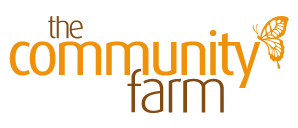

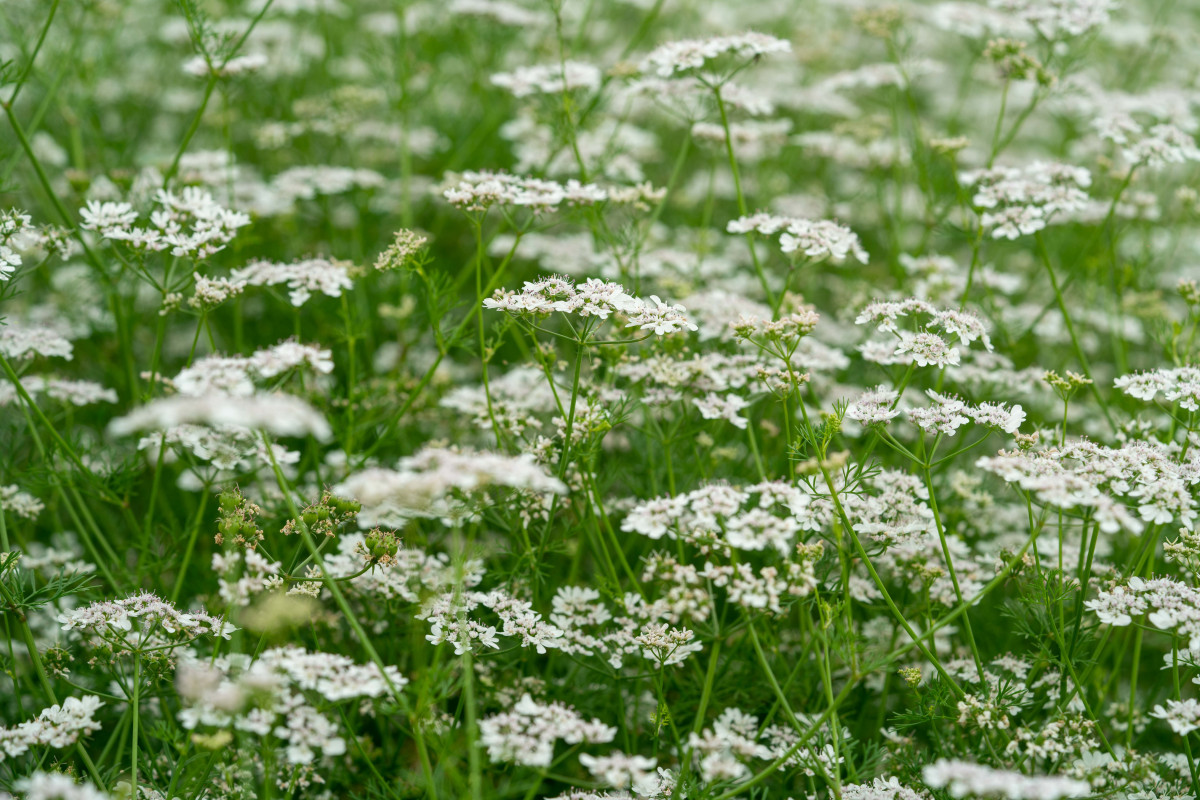
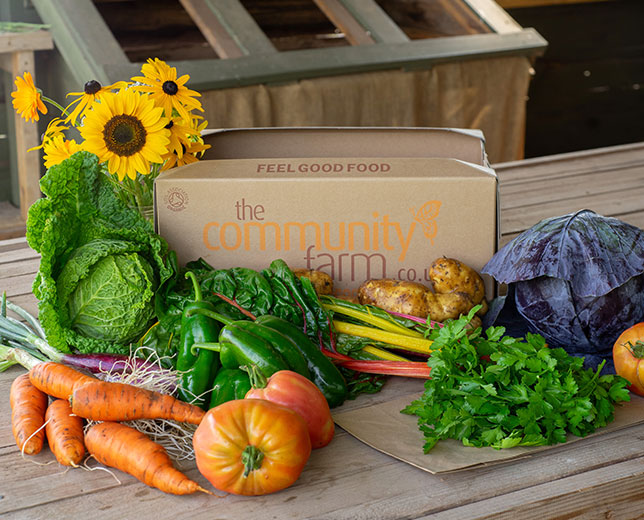
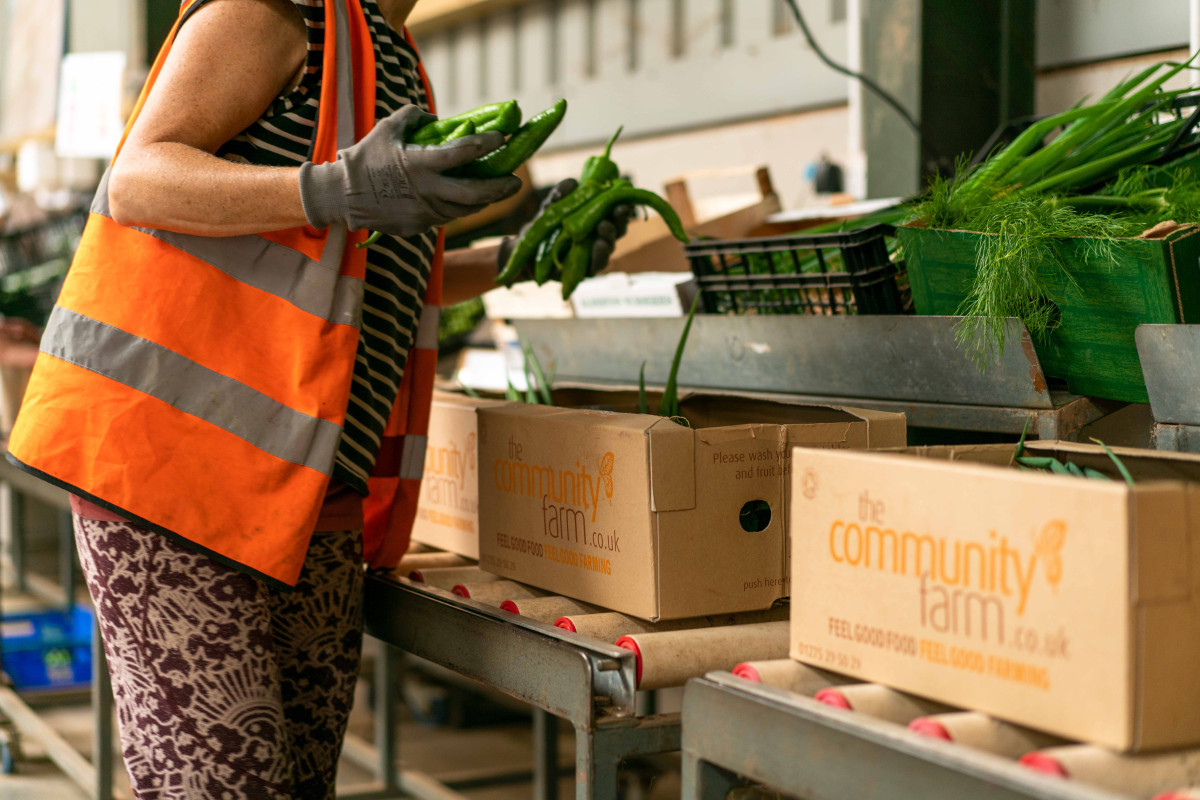
.jpg)
